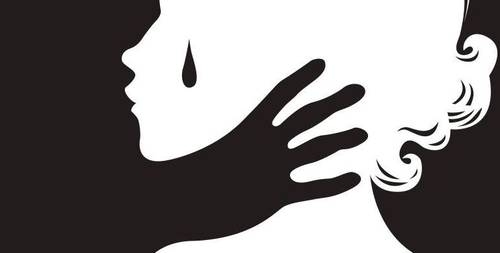It was a beautiful evening in the Lebanese capital of Beirut, where everything was normal and happening. However, in less than a matter of minutes, fate seemed to have turned the whole city wayward. The international community was shocked and saddened on the 4th of August 2020 to witness a chain of explosions at the Port of Beirut in Lebanon. Reports suggest that the blast occurred at around 6 pm, killing nearly 100 people and injuring thousands. It was the second blast that caused havoc, displacing 1.25 lakh people, and leaving them petrified. As claimed by the residents of Beirut, such a scene had not come to light since the Lebanese Civil War.
So, what could have prompted such an explosion? As we wait for further confirmation on the exact reasons for the blast, statements from the Lebanese officials suggest that the blast occurred due to stocks of nearly 2750 odd tons of ammonium nitrate in the warehouses of the Port of Beirut. The cargo of ammonium nitrate had arrived in Beirut on a currently abandoned Russian vessel in 2013, which was en-route to Mozambique from Georgia. As we continue to notice various speculations about anti-national involvement in the blasts, Maj. Gen. Abbas Ibrahim, the head of Lebanon's general security service, had warned against conjecturing so until all facts regarding the explosions were presented and confirmed.
Ammonium nitrate, primarily used for agricultural purposes as a fertilizer, is classified as extremely hazardous. Mainly consisting of Nitric acid and Ammonia, it is also an oxidizer, which helps in the process of combustion, making it highly inflammable. Unfortunately, having 2750 tons of it stored, the blasts made a severe impact, which triggered a 3.3 magnitude earthquake in Beirut and was felt by the Cyprians 200 kilometres away. Previous events of explosions involving ammonium nitrate were the Toulouse Factory incident in 2001 (killing nearly 31 people) and the Texas West Fertilizer Company plant incident (claiming 15 lives).
The blasts were so brutal that it came along with severe collateral damage resulting in damaged buildings and displaced cars and ships. As stated by Marwan Abboud, the Governor of Beirut, the total collateral damage surpassed nearly three billion US dollars. What seemed worse was the damage done to hospitals. Many hospitals across the capital that were already struggling to accommodate patients due to the COVID-19 pandemic, now had to start accommodating more injured citizens, which was not practically possible. With the Lebanese economy and currency value crumbling for the past week, these explosions have not just added to the collateral damage but have put the entire nation's economic scenario at stake.
As we speak, various countries and international organizations have stepped in to help the Lebanese. While French President Emmanuel Macron arrived in Lebanon on Thursday to show his support to the Lebanese and pledged aid, the Australian Prime Minister Scott Morrison promised to provide aid worth 1.4 million US Dollars. Other prominent countries in the region, such as Germany and Israel stepped up to offer humanitarian aid, while the World Bank immediately deployed 40 million US Dollars as an aid to Lebanon. The US President Donald Trump sent his deepest condolences to Lebanon at a recent press conference and further added that the United States was ready to assist Lebanon.
At this point, the most pressing question is what can we do to help? Donate. Yes, you heard it right. We need to do everything we can to help our fellow Lebanese brothers and sisters as members of the international community. There are various organizations such as the Lebanese Red Cross and Impact Lebanon, which are working tirelessly to collect funds for helping the injured and displaced Lebanese. It is time to extend our support to those in need, proving that the world is still a better place. Let us hope for a speedy recovery of Lebanon and its people and as rightly stated by President Emmanuel Macron, "Lebanon is not alone."





